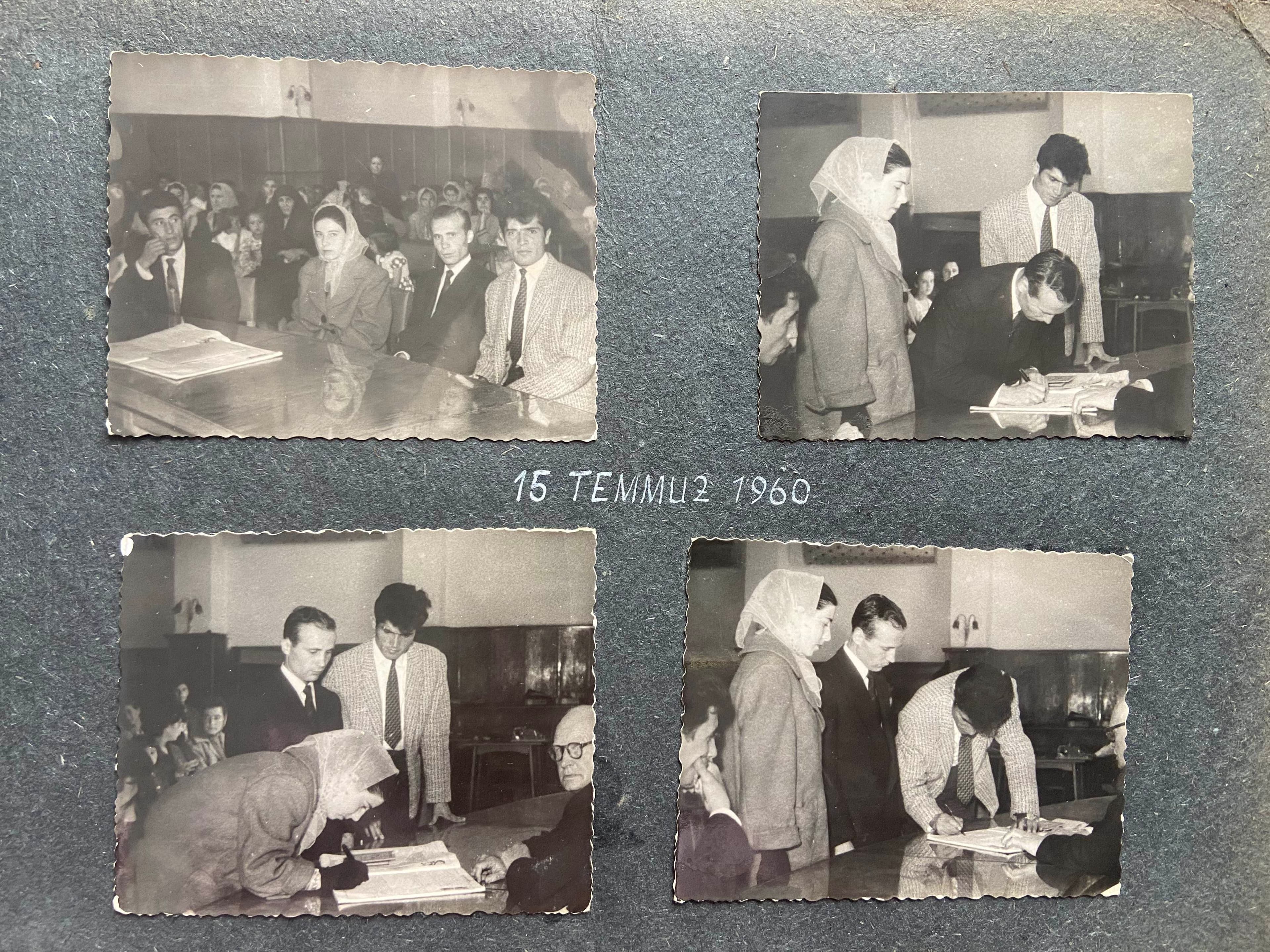
The bridge of sorrow
- Jan 20, 2025
- 8 min read
For a long time, I stood in front of the narrow wooden bridge, its gentle arch reflecting. It was a bridge for walking back and forth, over and over. Just like that,
For the sake of walking and the reflections. Mourning is a walk back and forth. Over to where one was with him. All the years of life together. And this walking back and forth is important.
Because something has been torn off, memory puts it back together, again and again. Something has been lost. Memory seeks it out and finds it. Something of oneself has been lost.
You need it. You go after it. You have to regain it if you want to live. You have to walk the land of the past, back and forth, until the walk over the bridge leads to a new path. leads to a new path.
Jörg Zink
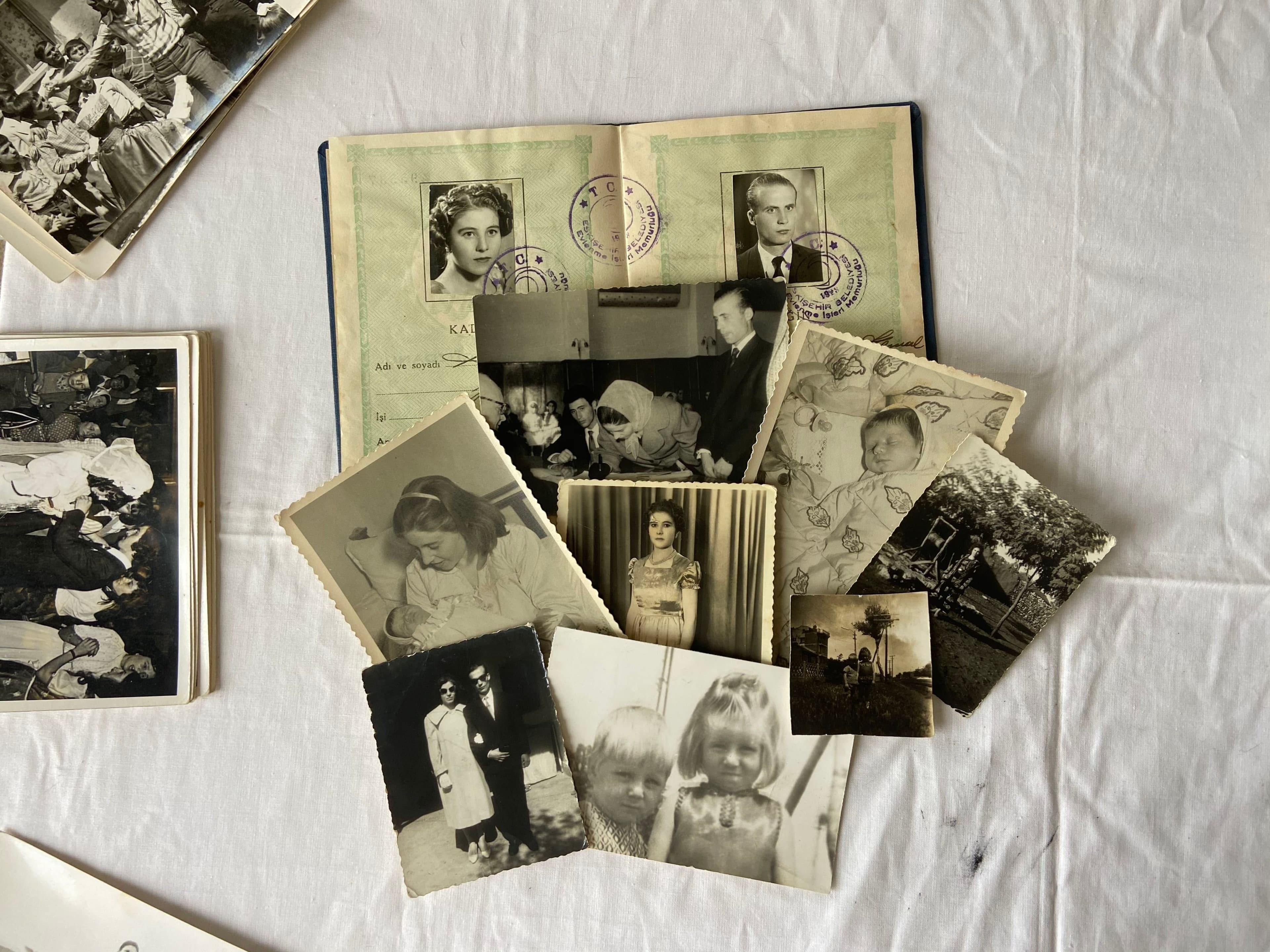
“A life lived in service is not a sacrifice, but an honor,” Elizabeth II
Two years ago, when my friend, who is from Germany, lost his grandmother. He sent me this poem. Someone from the church proposed to read it at the funeral. The poem stuck with me ever since. Last year, when my grandmother died. I came back to this poem once again.
I especially like the part in this poem ‘walking back and forth’, and I think this image portrays really well what processing grief looks like. I am very familiar with walking back and forth.
Walking back and forth through the memories, walking back and forth through what they would have said in this situation, how they would have liked these flowers... until I collect all these pieces.
Becoming whole again is about finding that person within me and merging with it. Integrating the qualities a person modeled to me. And, even though at the time I didn’t get to understand them, now I do. This is the part that feels most tender. This is the place where we process loss.
Processing and grieving my grandmother’s passing meant that I was able to have much more appreciation for the things nature offers.
Embracing the cycles, being able to celebrate life when it is spring and roses are blooming, literally and metaphorically.
Feeling the fulfillment of cooking for someone.
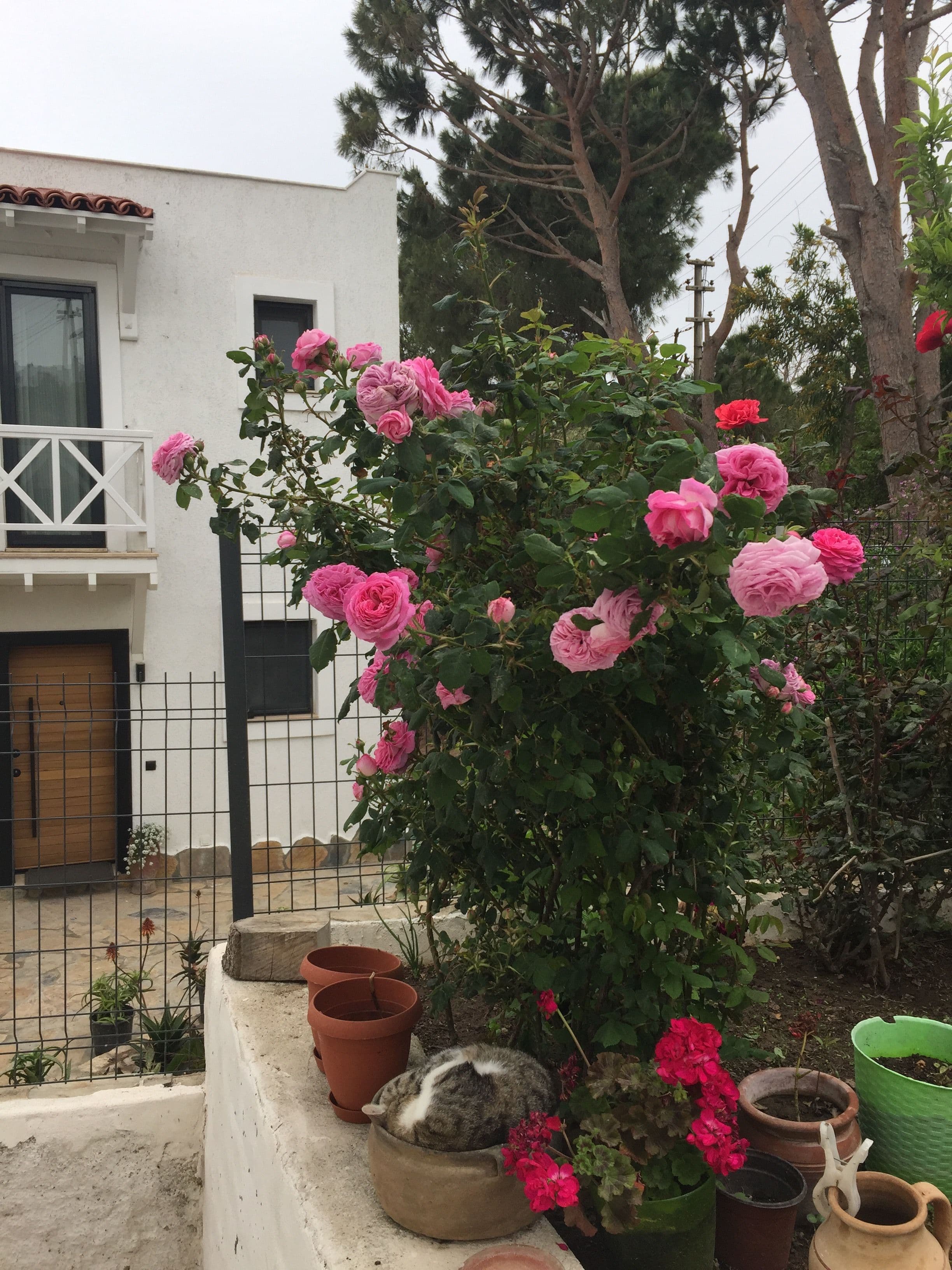
Being devoted to and serving others has always felt charged for me, as I’ve associated it with misogyny. At least this is how all the things expected from a young girl landed for me growing up.
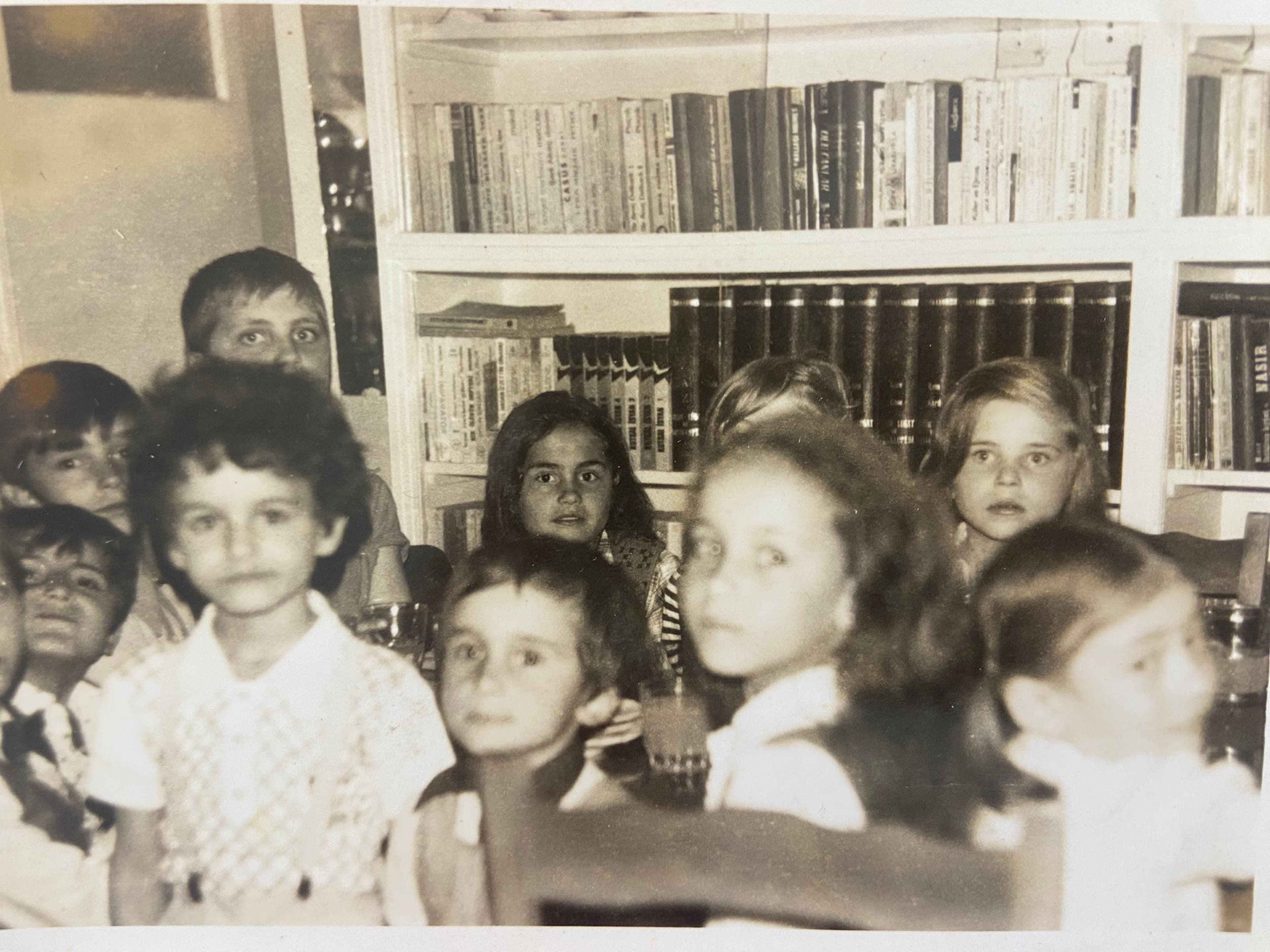
Being a little fierce rebel, I rejected all the household chores that were assigned to women. Instead, I spend my time reading books. Some of the books I've read were left by my grandfather, my grandmother’s husband. He had a vast collection of books, and after his death, the books were passed down to his children. I remember reading encyclopedias left by him. I can not forget the first book by Albert Camus that I read– The Stranger, coming from his bookshelves. Besides reading books, I was also writing poems and journaling back then.
Claire Yaseed, host of the Serpentine podcast, asks her interviewees what their ancestors would say about their role in the family lineage. Reflecting on this question, what came up for me was the idea of being a bridger. I think my role is to bring together the religious and intellectual sides of my family's knowledge and wisdom. As there was a fracture that happened somehow, these two aspects became separated, and my role is to integrate these two entities together.
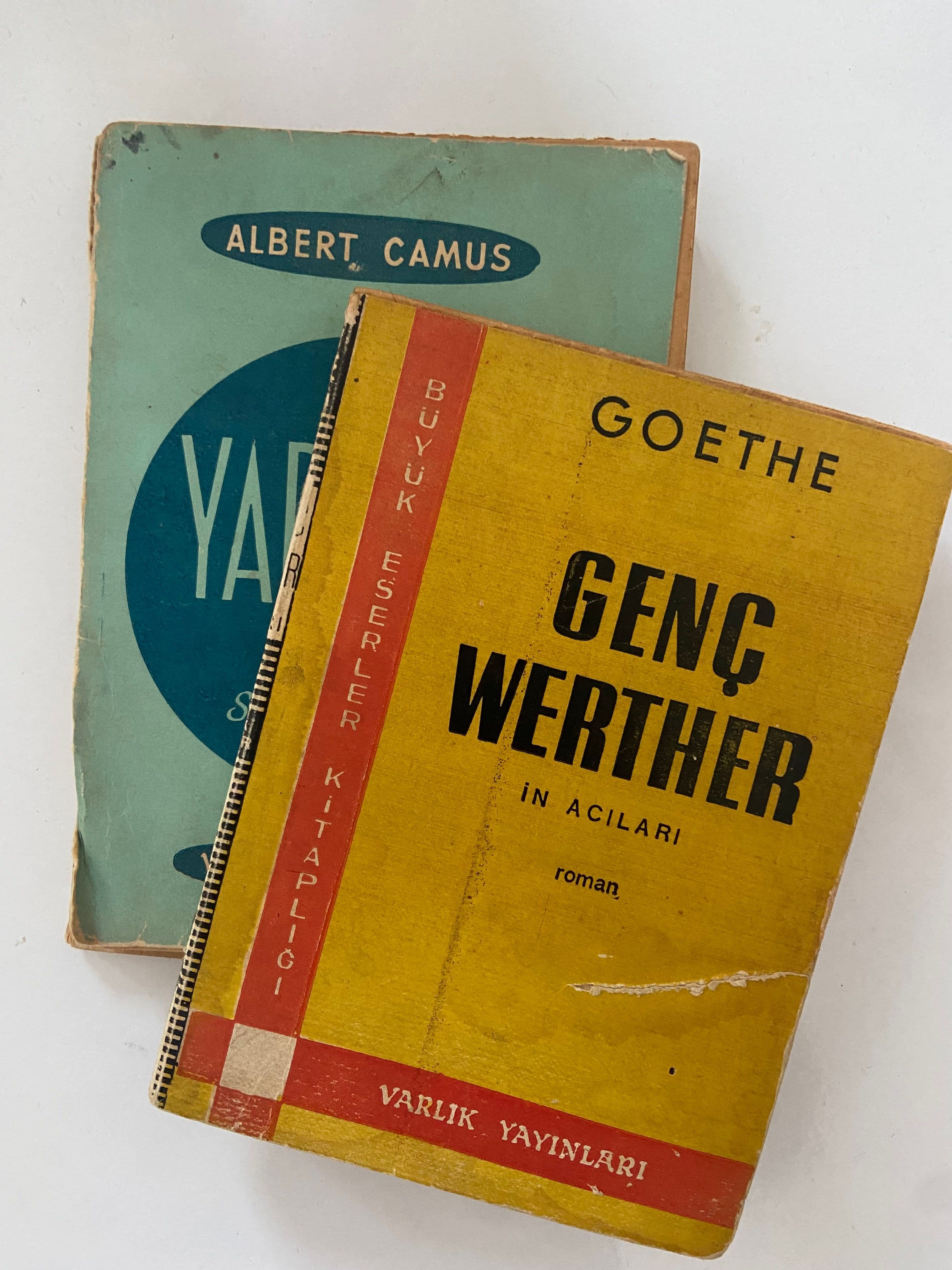
Besides so many other qualities, my grandmother was a storyteller. She would tell the most cringe stories. I was not so fond of those ones, but I would try to get some tea from her and hear how the world was back then, perhaps that was my way of annoying her, as a reaction to her cringe stories. I have always asked her questions about what it was like to be born and grow up right after the Second World War. My grandmother's grandparents immigrated to Turkey from Mangalya, Romania. Turkey was not part of WW2, but of course, it had its impact from the war.
From her stories, I have imagined her childhood home, her siblings, and what their everyday life looked like, how she was an attentive child to her brothers and sisters. She dedicated herself to serving others even at a very young age.
I couldn’t see her nurturing side when she was alive, partly because of our quarrels and partly the way she presented herself and how I perceived her back then.
Finally, here I am embracing all the things I once rejected, represented by her. Here I am setting myself free!
She loved gardening. She would grow tomatoes, cucumbers, and strawberries in the garden. She would make us strawberry yogurt snacks :)
The way she moved through the world, her presence in her work—it all helps me understand something deeper about her now.
She always set an intention before cooking, believing it helped the food turn out delicious. She never started anything without saying 'Bismillahirrahmanirrahim' — 'In the name of God' — before she began. This hits me very hard these days because she knew something very ancient, very wise, that is your presence; this is what makes food delicious, that is what nurtures a child, and this is how creation starts, with your presence.
This was one of the hardest pieces for me, as I most often match the idea of work with obligation. Something that I have to do, something that I need to abandon myself to do. Because ‘the work’ I have done has never been something I like to do. But for her, it was something she poured her love into. Or perhaps she grew to like it, she accepted what was given to her and found beauty in that, I feel deep respect. Once she told me, ‘I came to this world to serve others.’
For a long time, listening to her talk about her life's purpose irritated me to my core. I wanted to be anyone but like her. ‘Serving others’, was that a life worth living? I would ask myself: Only now can I understand her dedication to be in service to others. There is a joy, a form of reciprocal relationship serving others that I could not understand at the time. Only after having the memories of her, now I see how in all the detailed ways she cared for me and others. Only when I was still eating the pickles she made for me, even though she was long gone. All the intricate ways she touched my life skillfully, sewing my unstitched jacket, making mantı (Turkish ravioli) to stock up my freezer. I see the traces she left behind her.
She did everything she could with great patience and care. She was so present, one of the most present person I’ve ever known. Her qualities make me think about these two archetypes: the mother and the crone.
The mothers and families I saw around me growing up irritated me to my core. But her death made me want to be even more immersed in the mother archetype. Because her embodiment of mothering was beautiful—nurturing in a way that wasn’t about self-denial. Caring for others wasn’t a weakness or something to do out of necessity; only those who have it in them can truly nurture. I came to recognize that caring for others is one of the greatest qualities a person can have.
I see now she did all these things because of her love for others, not because she sacrificed herself in the name of serving others. I looked at her with bitter eyes when she was alive. Why? Why did you sacrifice yourself for others? Why did you become a servant to others but not follow your dreams and become your own person? This was how I perceived her for the longest time: the story I had about what it meant to have a family as a woman. Nothing is wrong with that. I was just afraid of that. I wanted to explore the world for myself without any ties, while seeing things as black and white—either this or that.
Then I learned there is always a secret third way that appears when both people lay everything on the table—when two whole, individuated people come together. Where it is possible to weave two opposite realities into one because of it. Because two opposite realities complement each other. Opposites are not enemies—they are allies. They are essential for each other. By bringing two different realities together, finding the third way, and eventually it becomes so intertwined that it leads to oneness, to wholeness, back again. (I love the story of two snakes mentioned by Marion Woodman in this video.)
Our unique way of relating, existing, and moving through the world—while finding allies who can see us in our wholeness, and all the while who can stay grounded in their truth.
I didn’t know it was possible to have a family, to love someone, and also be able to explore the world. I was taught either this or that.
Black and white.
Looking back at my grandmother’s life, I see that she did what she had to do to survive. And after some time, she found a place for herself. She carved a place for herself. She planted flowers, tomatoes, peppers in her garden. I see it as if she compensated for her arranged marriage by finding herself a cause—to serve others and make the world a more flowery place, literally and metaphorically.
She once told me that “the most important thing in this life is love, and all beings are striving for love.” She wished for me to find love and marry because of it.
Part of the reason I talk about death is that death needs integration. It needs embracing. I try to feel it. I try to open my heart to it. To be more intentional and see, each step of the way, what my grandma’s passing has given me. All the people, places, and ideas that I’ve let go of—for all the deaths. This is my way of honoring them. This is my way of celebrating life.
I think that to honor death means to celebrate life. To honor grief is to become more alive. To feel the pain means to get more sensitive and receptive to pleasure and love.
If this story inspires you, you can buy me a coffee.
